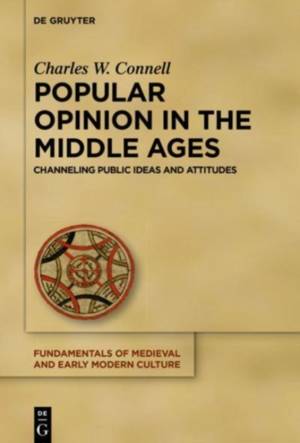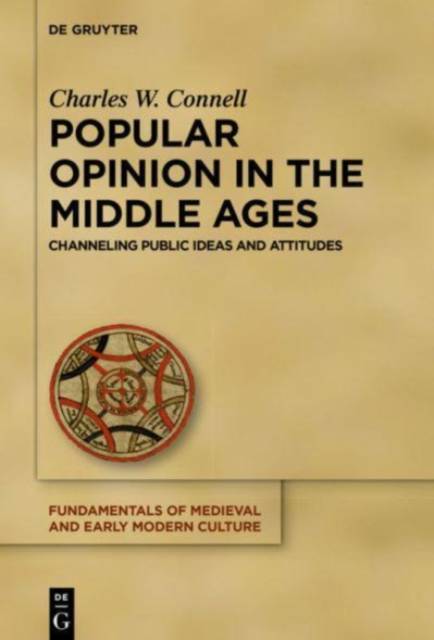
- Retrait gratuit dans votre magasin Club
- 7.000.000 titres dans notre catalogue
- Payer en toute sécurité
- Toujours un magasin près de chez vous
- Retrait gratuit dans votre magasin Club
- 7.000.0000 titres dans notre catalogue
- Payer en toute sécurité
- Toujours un magasin près de chez vous
Description
This book provides a needed overview of the scholarship on medieval public culture and popular movements such as the Peace of God, heresy, and the crusades and illustrates how a changing sense of the populus, the importance of publics and public opinion and public spheres was influential in the evolution of medieval cultures. Public opinion did play an important role, even in the Middle Ages; it did not wait until the era of modern history to do so.
Using modern research on such aspects of culture as textual communities, large and small publics, cults, crowds, rumor, malediction, gossip, dispute resolution and the European popular revolution, the author focuses on the Peace of God movement, the era of Church reform in the tenth and eleventh centuries, the rise and combat of heresy, the crusades, and the works of fourteenth-century political thinkers such as Marsiglio of Padua regarding the role of the populus as the basis for the analysis.
The pattern of changes reflected in this study argues that just as in the modern world the simplistic idea of "the public " was a phantom. Instead there were publics large and small that were influential in shaping the cultures of the era under review.
Spécifications
Parties prenantes
- Auteur(s) :
- Editeur:
Contenu
- Nombre de pages :
- 365
- Langue:
- Anglais
- Collection :
- Tome:
- n° 18
Caractéristiques
- EAN:
- 9783110440607
- Date de parution :
- 24-10-16
- Format:
- Livre relié
- Format numérique:
- Genaaid
- Dimensions :
- 160 mm x 234 mm
- Poids :
- 657 g

Les avis
Nous publions uniquement les avis qui respectent les conditions requises. Consultez nos conditions pour les avis.






